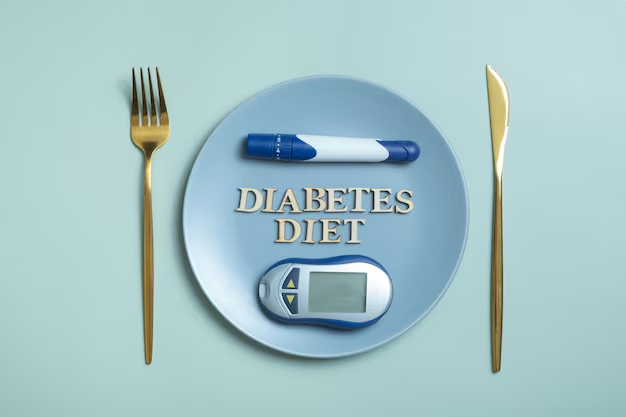Your Guide to What Type Of Diabetes Requires Insulin
What You Get:
Free Guide
Free, helpful information about Diabetes FAQ and related What Type Of Diabetes Requires Insulin topics.
Helpful Information
Get clear and easy-to-understand details about What Type Of Diabetes Requires Insulin topics and resources.
Personalized Offers
Answer a few optional questions to receive offers or information related to Diabetes FAQ. The survey is optional and not required to access your free guide.
Which Type of Diabetes Necessitates Insulin?
Navigating the complexities of diabetes can feel overwhelming, especially when determining what type requires insulin. Type 1 Diabetes is the primary form that invariably necessitates insulin therapy, but many individuals with Type 2 Diabetes may also require insulin management, depending on their specific health circumstances.
Understanding Type 1 Diabetes
Type 1 Diabetes is an autoimmune condition where the body’s immune system mistakenly attacks insulin-producing cells in the pancreas. Without these cells, the body cannot produce insulin, a hormone essential for converting glucose into energy. Consequently, people with Type 1 Diabetes must take insulin through injections or an insulin pump to manage their blood sugar levels.
Insulin therapy involves a combination of different insulin types tailored to the individual’s needs, such as rapid-acting, long-acting, and sometimes an intermediate-acting insulin. Consistent monitoring and adjustments are critical, as insulin requirements can fluctuate based on diet, physical activity, and overall health.
When Type 2 Diabetes Might Require Insulin
Type 2 Diabetes is characterized by the body’s inability to use insulin properly, often alongside decreased insulin production as the disease progresses. Initially, this condition can often be managed with lifestyle changes and oral medications. However, as it advances, insulin therapy may become necessary. This happens when other treatments no longer maintain blood glucose within target ranges or during periods of illness or stress when blood sugar can spike.
For those with Type 2 Diabetes who need insulin, the regimen may not be as intensive as with Type 1 Diabetes. It might start with a single long-acting insulin injection daily, possibly escalating to include short-acting insulin as meals are consumed to better manage postprandial glucose levels.
The Financial Aspect of Insulin Therapy
With the necessity of insulin arises a significant chronic expense that can weigh heavily on individuals and families. Access to affordable insulin is crucial for diabetic individuals to maintain their quality of life. Fortunately, there are several avenues to explore for financial relief:
Government Programs: In many regions, government healthcare initiatives provide coverage for insulin. Investigating eligibility and enrollment can substantially reduce the financial burden. Programs such as Medicaid or Medicare in the U.S. can be valuable resources.
Pharmaceutical Assistance Programs: Some drug manufacturers offer assistance programs or discount cards for eligible patients, providing insulin at reduced costs.
Nonprofit Organizations: Nonprofits often work to ensure that people with diabetes have access to their medication. Organizations may offer grants or direct financial assistance for buying insulin.
Exploring Broader Financial Assistance and Educational Opportunities
Managing diabetes is not just about treatment but also about education and financial stability. Educational resources can empower individuals to better understand their condition and take charge of their health. Additionally, several resources can supplement your healthcare and financial needs:
Financial Assistance Options
- 🏥 State-Sponsored Health Plans: Check out state programs for healthcare support tailored for low-income individuals.
- 💊 Prescription Discount Programs: Save on medications through various discount schemes available at pharmacies.
- 📉 Debt Relief Services: Consider consulting financial advisors specializing in medical debt if diabetes-related expenses have led to financial strain.
- 🎓 Educational Grants: Look into education grants for diabetes specialists or dietary courses to enhance your skills in managing diabetes effectively, potentially reducing related costs.
Understanding the insulin needs related to different forms of diabetes and exploring these financial resources can make a significant difference in managing this chronic condition effectively. By staying informed and proactive, individuals can mitigate the challenges and focus on leading healthier, more balanced lives.
What You Get:
Free Diabetes FAQ Guide
Free, helpful information about What Type Of Diabetes Requires Insulin and related resources.

Helpful Information
Get clear, easy-to-understand details about What Type Of Diabetes Requires Insulin topics.

Optional Personalized Offers
Answer a few optional questions to see offers or information related to Diabetes FAQ. Participation is not required to get your free guide.


